When summer rain begins and the rice paddies fill,
you’ll start to hear it:
“Kero kero…” (けろけろ)
and sometimes, a deeper…
“Gero gero…” (げろげろ)
That’s the symphony of frogs in Japan.
First things first — let’s hear the sound!
What are “Kero Kero (けろけろ)” and “Gero Gero (げろげろ)”?
Both are Japanese onomatopoeia for frog sounds.
Kero Kero (けろけろ): the light, high-pitched croak of small frogs.
Gero Gero (げろげろ): the rough, low croak of big frogs.
Each captures a different kind of froggy energy — from cute and bouncy to loud and grumpy!
Pronunciation
Kero kero: keh-ro keh-ro
(Quick and bouncy — like a cheerful hiccup!)
Gero gero: geh-ro geh-ro
(Throaty and exaggerated — almost like a comic belch!)
Try saying both, and you’ll feel the size difference in your voice!
Categories
Animals / Sound
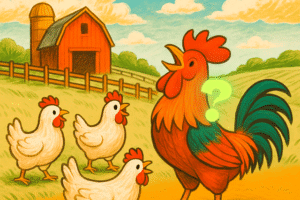
How Do You Say Them?
Say Kero kero like you’re laughing with a tiny frog.
Say Gero gero like you’re pretending to burp like a toad.
Fun to say, funnier to hear!
Let’s Compare!
Different cultures hear frogs differently:
English: ribbit
Spanish: croac
Why Two Sounds in Japanese?
Japanese loves expressing personality through sound.
Rather than just one frog sound, they give us a froggy spectrum:
Small = “kero kero”
Big = “gero gero”
Perfect for storytelling, manga, and summer memories.
What Do “Kero Kero” and “Gero Gero” Look Like?
In manga or picture books,
Kero kero might be drawn in round, bouncy hiragana, near a cute frog.

Gero gero often bursts out in bold letters — big, funny, dramatic.

You can almost hear them jumping off the page!
When Do You Hear Them?
In rice fields during summer evenings
After a warm rainfall
In children’s picture books and songs
In anime when frogs appear dramatically (or comedically!)
Sometimes… from a toy frog keychain!
What Do They Feel Like?
Kero kero feels like:
Jumping across lily pads, laughing in the rain, full of energy and fun.
Gero gero feels like:
A bossy old frog who doesn’t care how loud he is. Big belly, big voice!
Cultural Note
In English, frogs go:
“Ribbit ribbit!”
But in Japan, they go:
“Kero kero” (cute frogs)
“Gero gero” (loud frogs)
Both sounds are more stylized and expressive — they carry mood, not just sound.
Examples in Daily Life
Example 1: A summer walk by the rice fields
The sky turned orange.
A breeze carried the smell of rain.
“Kero kero!”
Tiny frogs hopping everywhere.
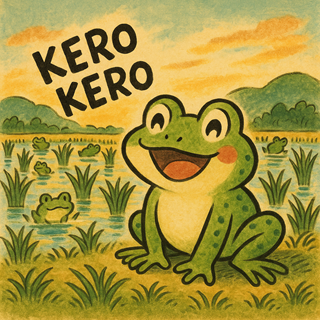
Example 2: A big frog in an anime scene
The villain laughs…
And suddenly, a huge frog appears behind him:
“Gero gero!!”
Cue dramatic music and comic chaos.
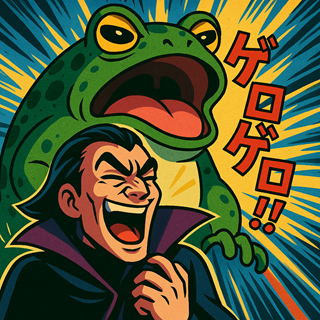
Watch & Feel the “Kero Gero” World!
Real Sound of Flogs
Listen to the sound of frogs. What does it sound like to you?

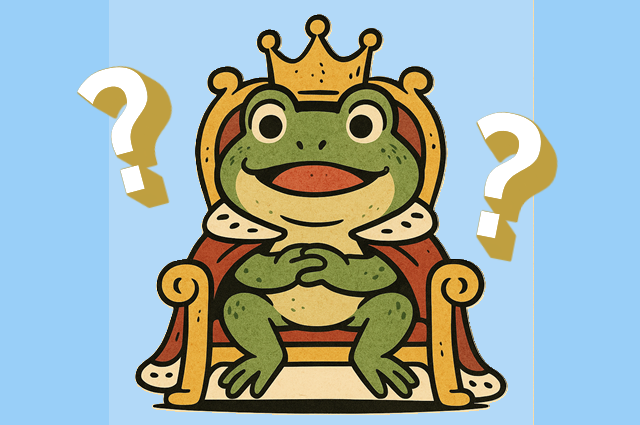

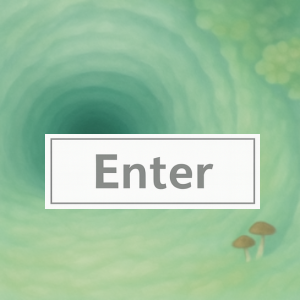

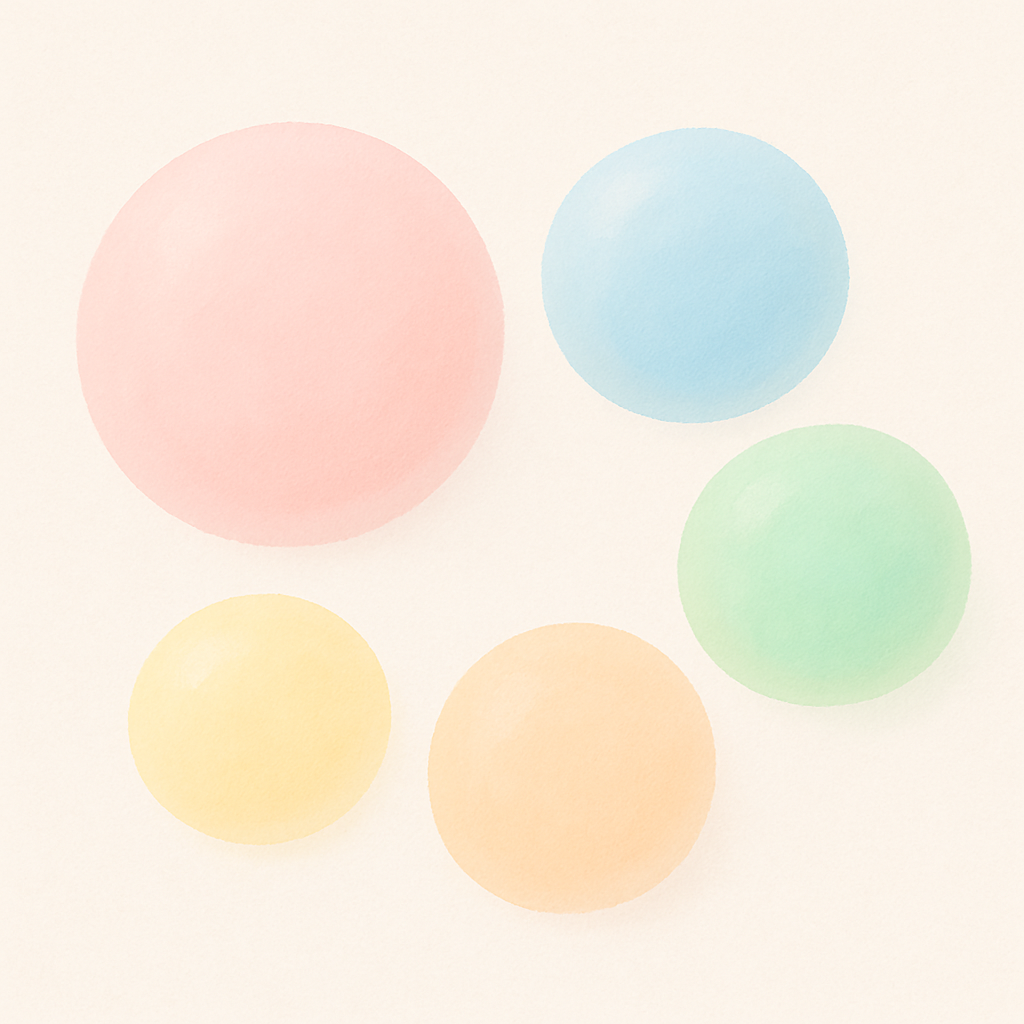

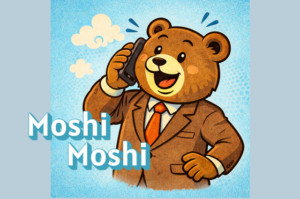
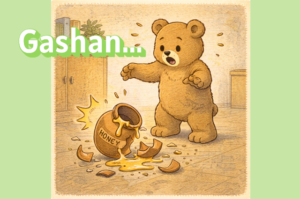
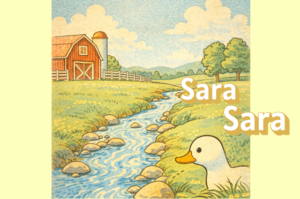


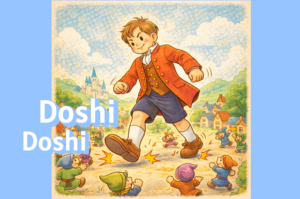
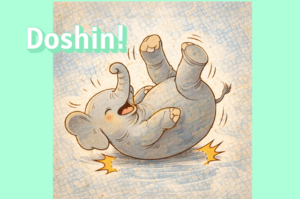
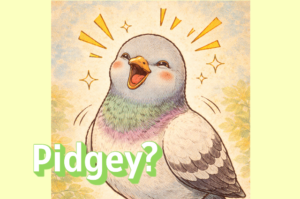
Comments